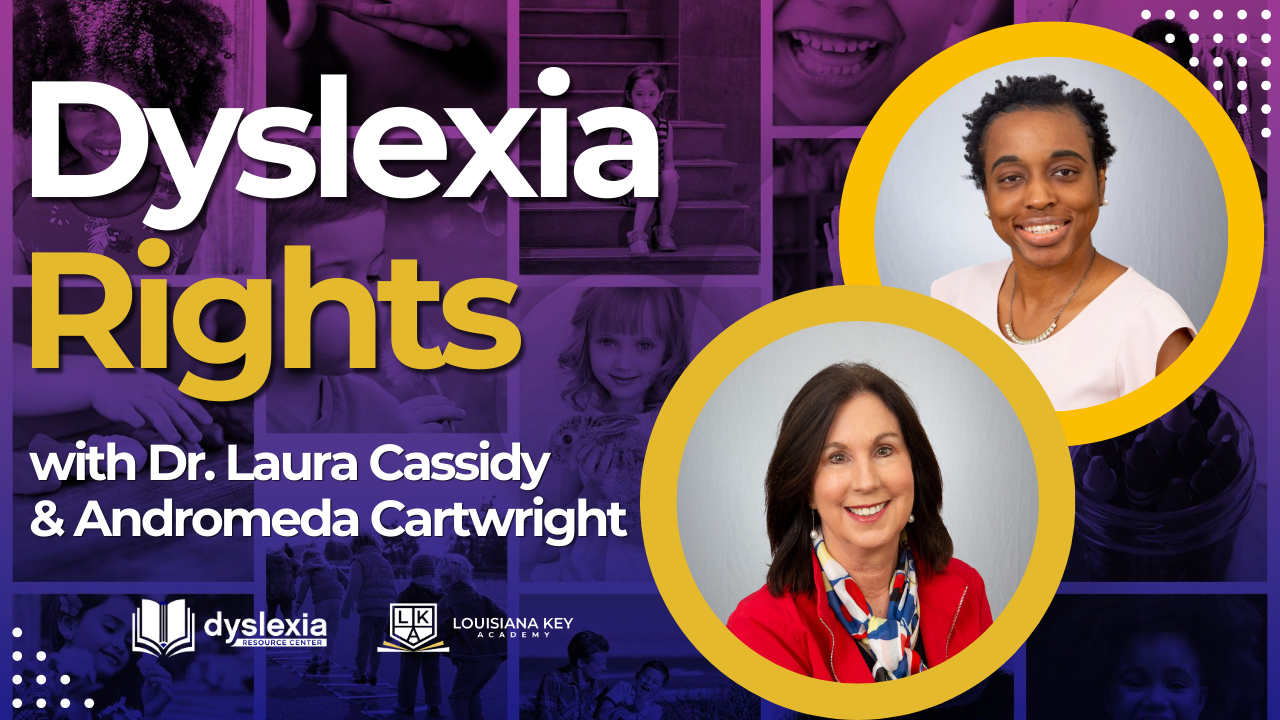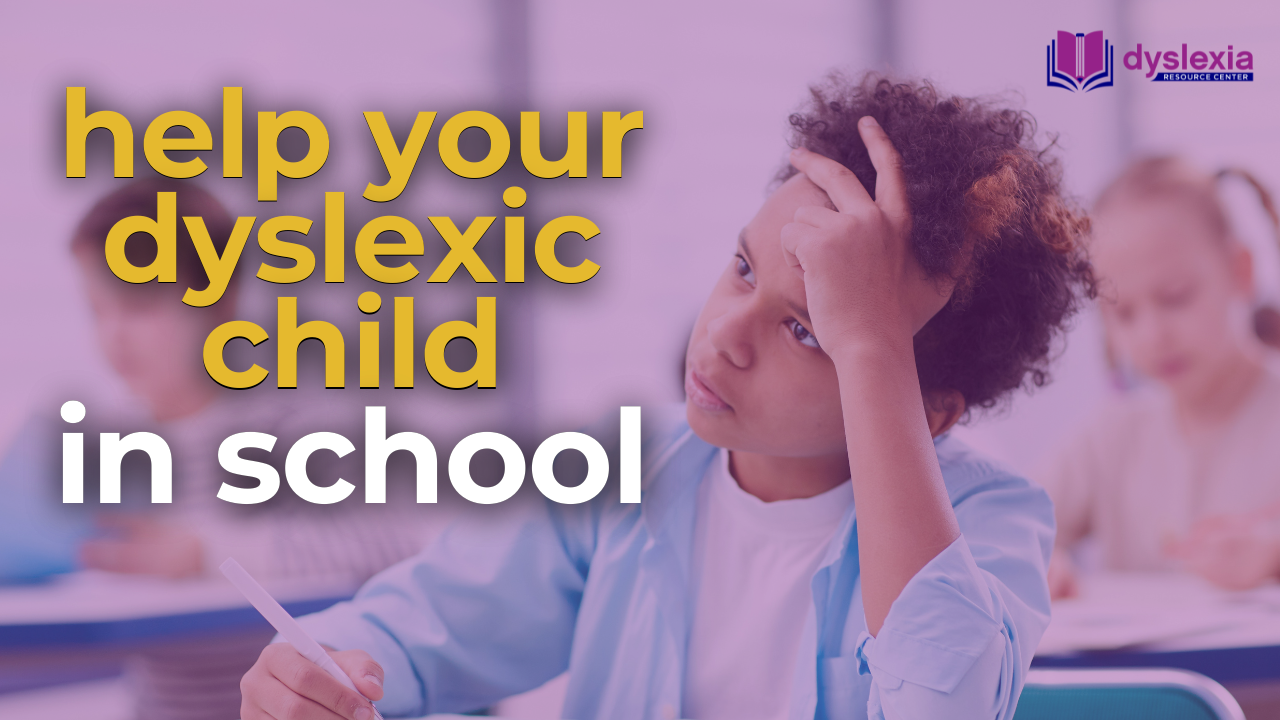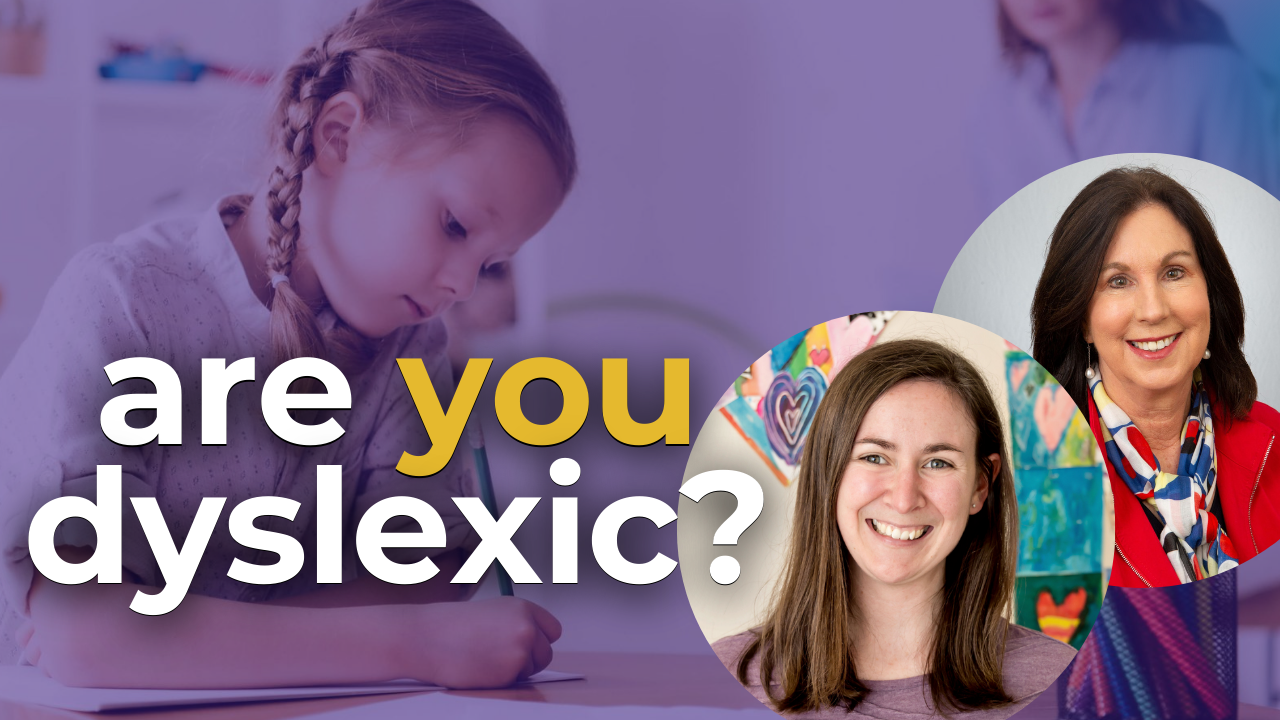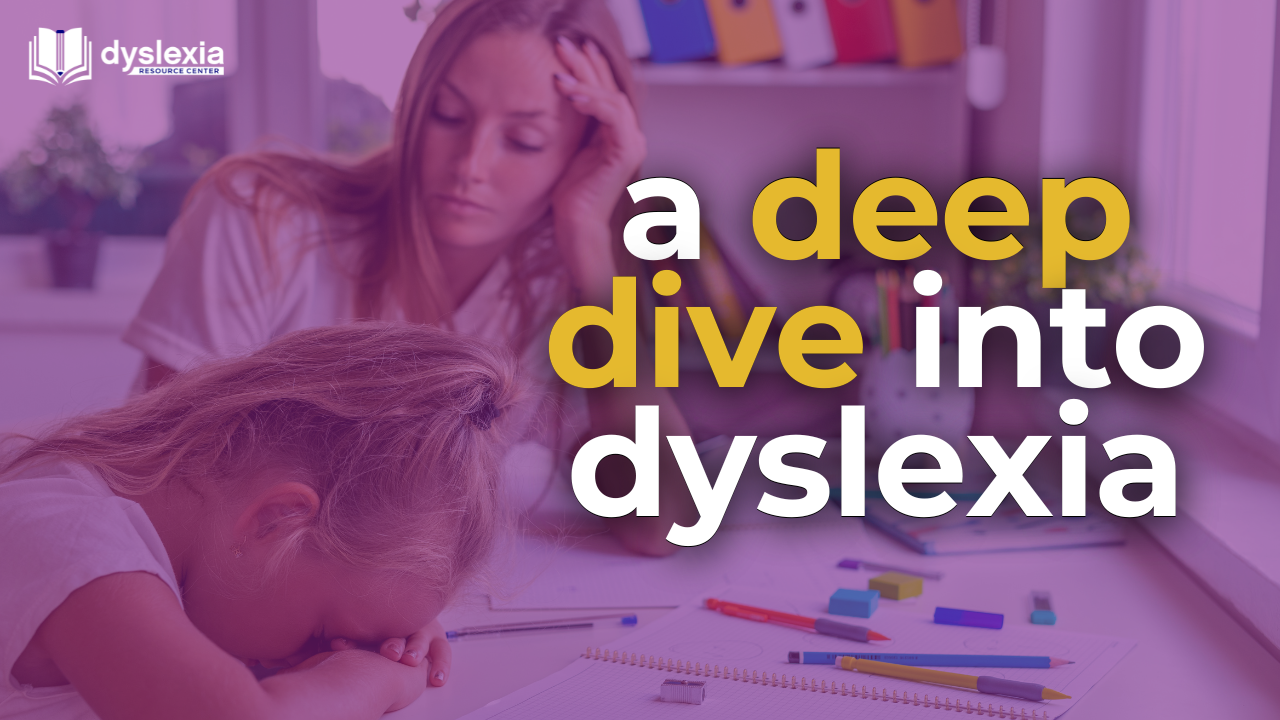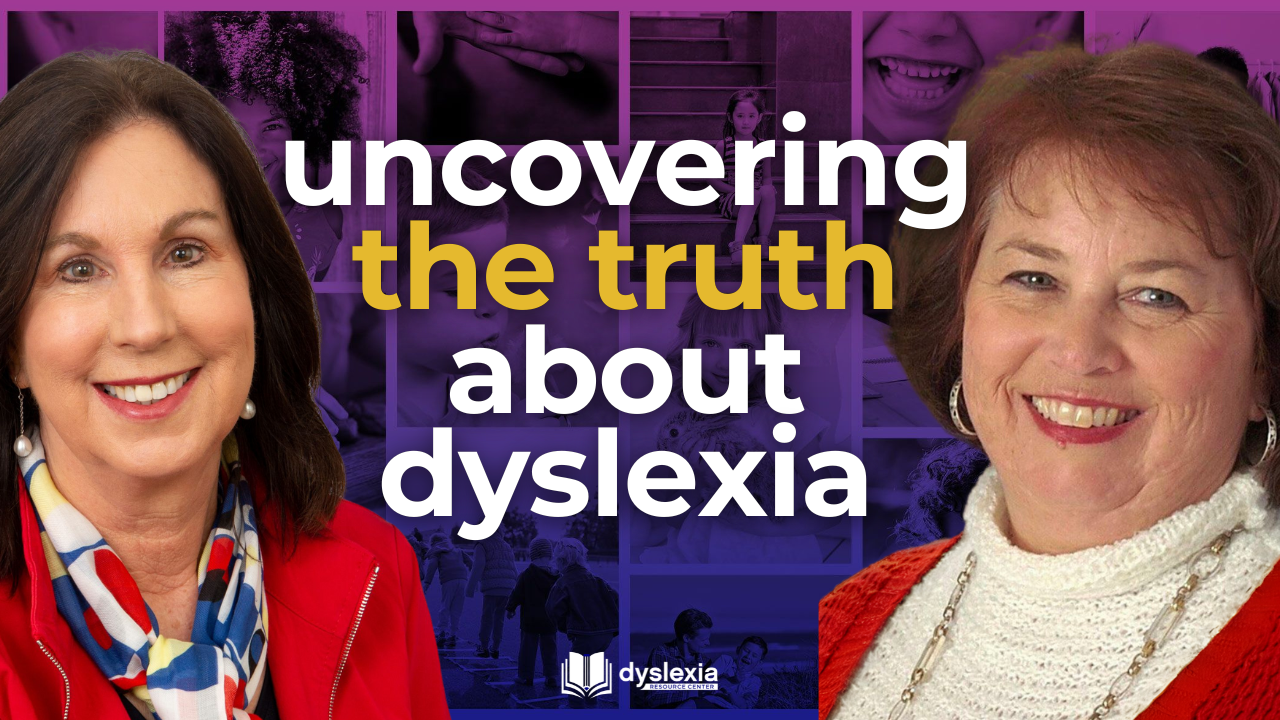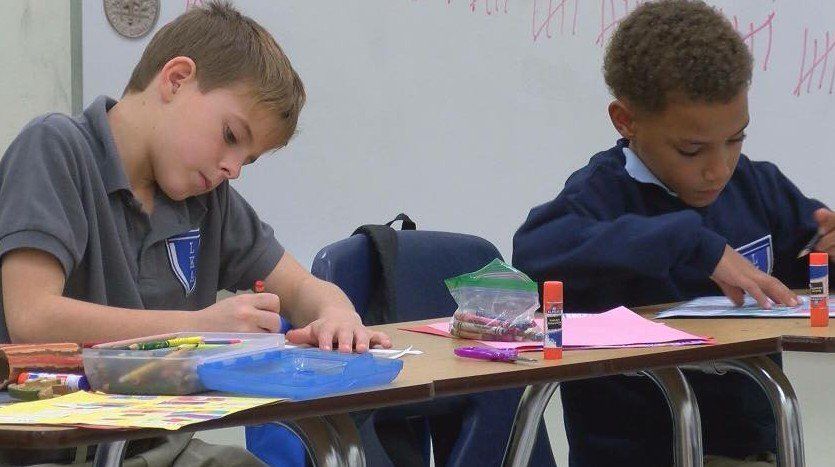Call Us (225) 384-5484
October Is Dyslexia Awareness Month
October is Dyslexia Awareness Month so display “red lights” at home or work to bring attention to the many students and adults with dyslexia. Please join the dyslexic community as we encourage parents and educators to learn about dyslexia, to screen and identify children with dyslexia, and to give dyslexic children the appropriate education.
Dyslexia knows no income, racial, or geographical boundaries. The long term impact on educational outcomes including high school graduation, college graduation, incarceration rates, and differences in earnings has been well documented. Unidentified and un-remediated dyslexia has severe consequences for individuals and communities.
80% to 90% of children classified as learning disabled are dyslexic. Most of these children are not identified as dyslexic. October is the time to change this as we tell others about the many children with dyslexia (1n5).
Dyslexia is NOT seeing letters backwards.
Dyslexia is defined as “an expected difficulty in reading”. It is unexpected because they are bright children but they cannot pull apart words into the smallest parts (phonemes) and match them to the spoken word.
Dyslexia does not go away.
Dyslexia can be identified in kindergarten and first grade.
Children with dyslexia must be taught to read in a way that addresses their phonemic deficit and it CANNOT be done in 6 weeks.
The earlier the correct instruction is started in the classroom the better the result. Ideally, Instruction would start in the first grade and would continue until the child is an accurate and fluent reader.
Dyslexic children are NOT stupid or lazy.
Do not hide your Dyslexia. Be an advocate for yourself and all dyslexics.


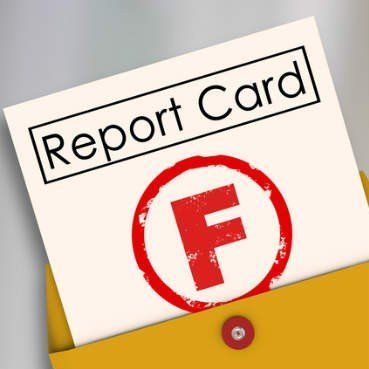

Quick Links
What is Dyslexia?
Dyslexia Services
WHO WE ARE?
The Dyslexia Resource Center was started by a group of concerned parents, medical doctors, and advocates who simply want everyone to know the truth about dyslexia, based on the most current science, and how that knowledge can translate into success in the classroom.
WHAT IS DYSLEXIA?
An unexpected difficulty in reading for an individual who has the intelligence to be a much better reader.
All Rights Reserved | Dyslexia Resource Center

